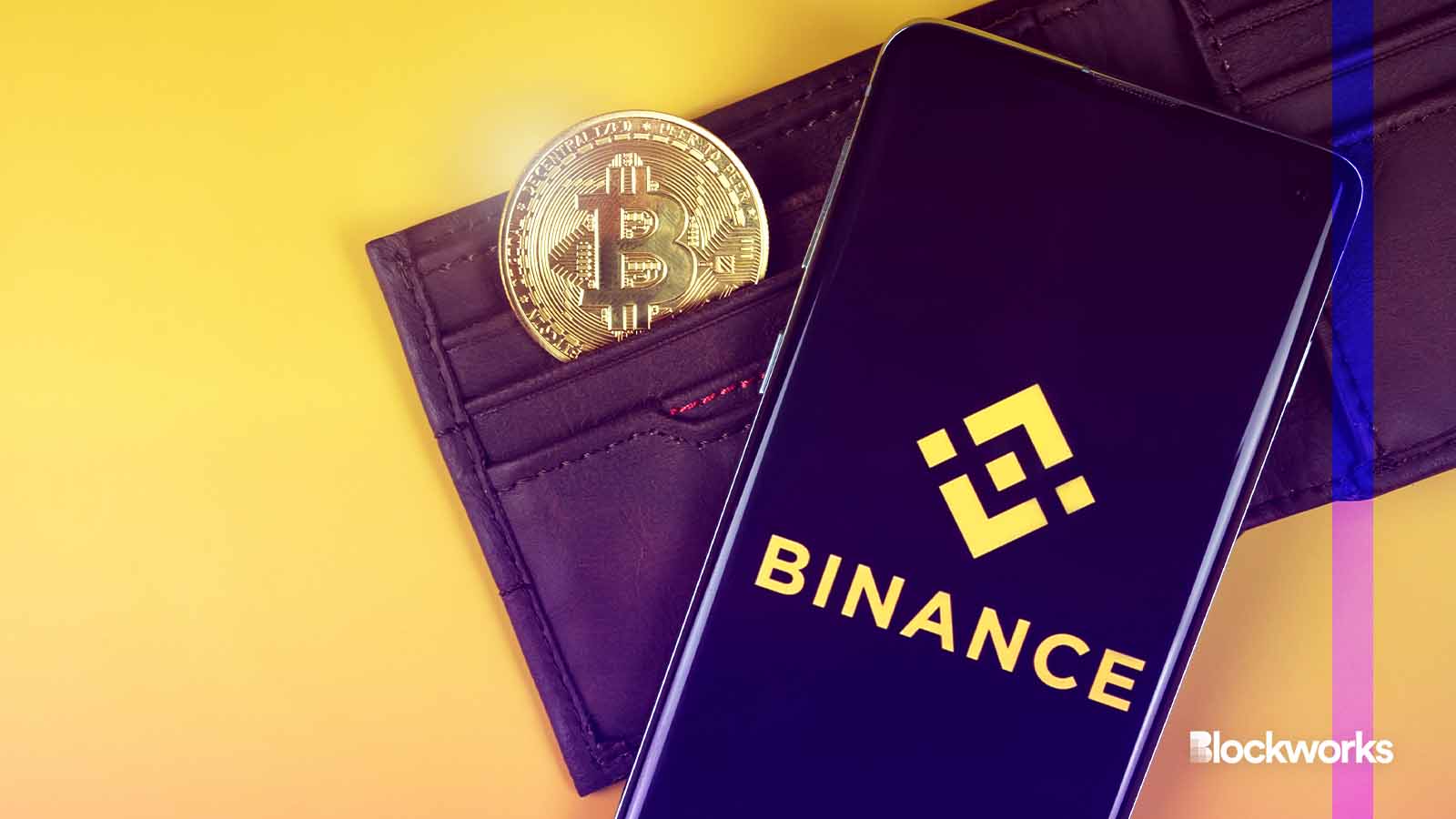Binance moves into self-custody space with Web3 wallet
The Binance launch emphasizes user control and security without compromising the functionality needed to interact with the broader crypto ecosystem

salarko/Shutterstock modified by Blockworks
Binance launched its new Web3 wallet on Wednesday during the Binance Blockchain Week conference in Istanbul.
The Binance wallet is designed to simplify user interaction with DeFi applications by integrating multiple blockchains.
This launch puts Binance alongside other major centralized exchanges like Coinbase and OKX which have already established their presence in the Web3 wallet space, and newer players like Bitget. Coinbase, for instance, first introduced a mobile self-custodial wallet in 2017, and upgraded it significantly in 2022.
Binance’s effort is integrated within the Binance app and is described as keyless and seedless, while still being a self-custodial wallet that many crypto users prefer. It was developed in partnership with Trust Wallet.
To accomplish this, the software uses multi-party computation (MPC) technology to enhance security but simplify the user experience, according to an announcement.
According to Akash Mahendra, director at Haven1 Foundation, “the use of multi-party computation (MPC) reflects a thoughtful approach to removing complex barriers like seed phrases, which can be daunting for newcomers.”
Coinbase Cloud’s “wallet as a service” and others also employ MPC. To be effective, the wallet must be backed up.
Read more: MPC wallets have a trade off. Is it worth it?
All based on the Trust Wallet, Binance Web3 Wallet is a distinct product, according to an FAQ, directing users “already familiar with Web3, and who are looking for more sophisticated features,” to its partner’s app.
Despite the publicity, Trust’s token (TWT) fell about 15% on Wednesday.
Get the news in your inbox. Explore Blockworks newsletters:
- The Breakdown: Decoding crypto and the markets. Daily.
- 0xResearch: Alpha in your inbox. Think like an analyst.






